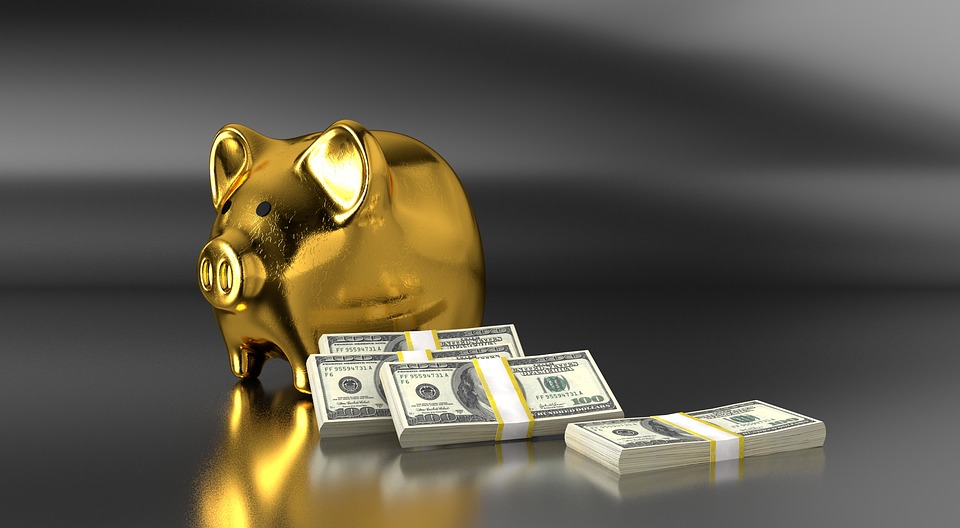September 12th, 2023
Proactive or reactive saving?

Yesterday, I was bored and answered a survey about personal and household spending habits. Because of the inflation and the risen (and rising) costs of living, many have been forced to cut back on their spending. I suppose the idea of the survey was to observe and to analyze the consumers' spending habits, and thus also the kind of business that retail stores ought to focus on in the future.
The major theme throughout all of the questions was: "How have you been altering your spending habits within the recent history?", with many questions also inquiring about what one has been or would be ready to cut back on, should the need arise.
I found answering to the questions hard because the economic situation has not really had an effect on how I plan my grocery shopping, for instance. I have not been forced to keep track of good deals and the most cost-effective solutions because it is something I have always done, no matter the weakening purchasing power of my local currency. This got me into thinking of why do people have to wait until things are bad before they make any changes to their life and their habits.
Everyone can benefit from clever use of money, no matter the situation of the global economy. However, the most effective way to proceed with this will most likely be with a proactive approach instead of a reactive one. Every penny saved beforehand, assuming that it's put to work properly, will equal to several pennies in the future. Whereas every penny saved only in the face of a crisis is just a quick patch-up solution with no cumulative benefits of added interest on top of the original penny.
Would you rather be proactive or reactive at saving money?